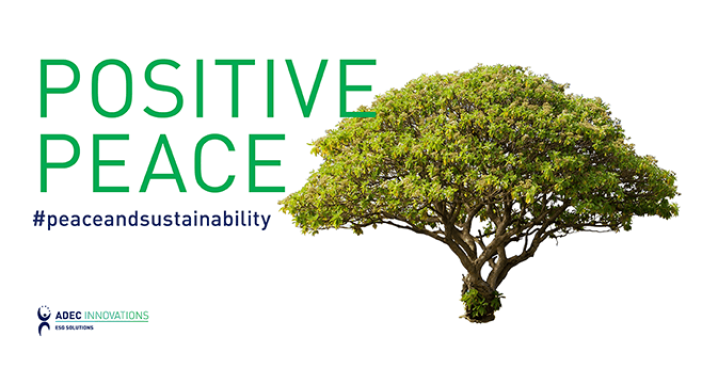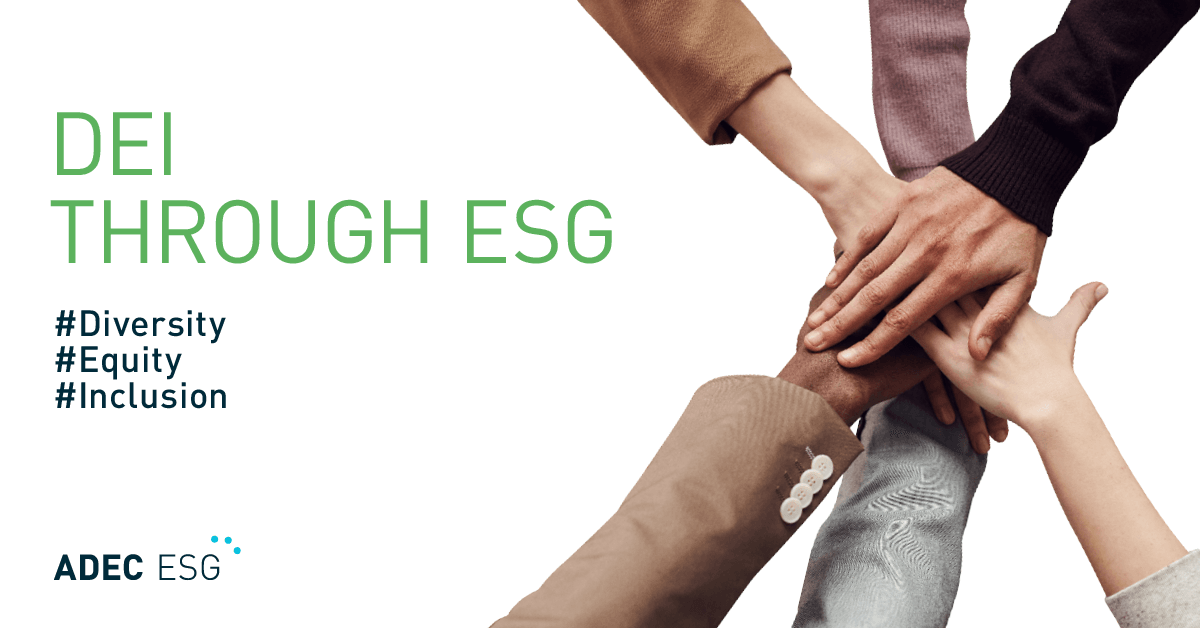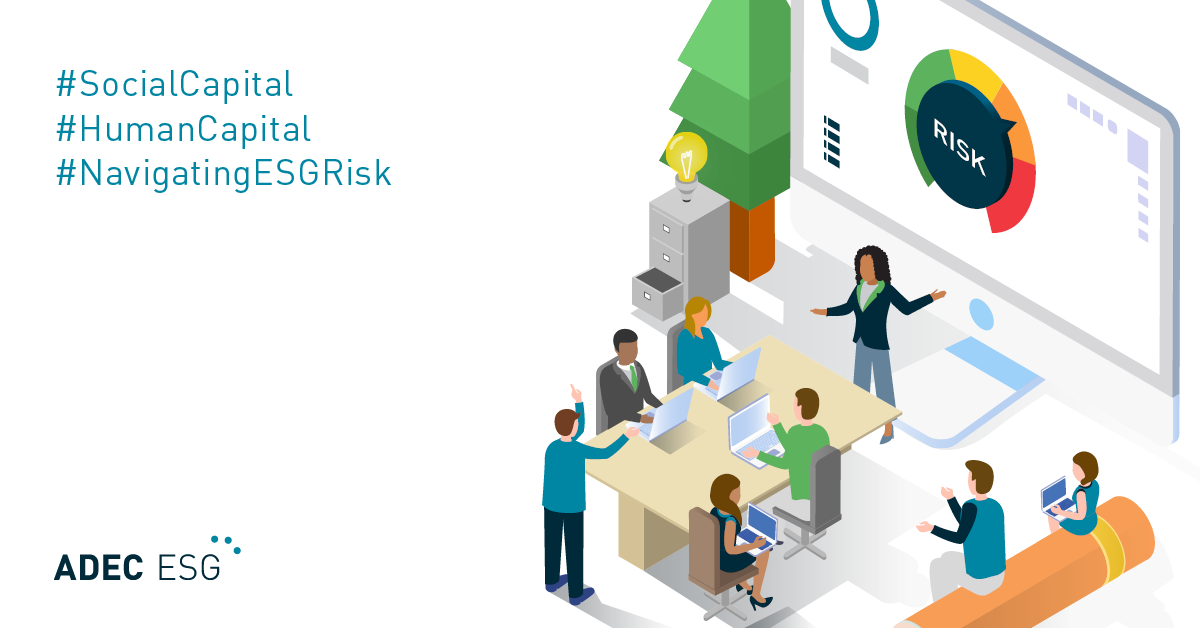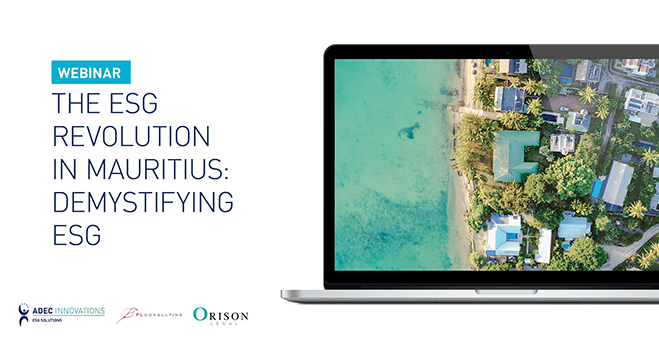This article was first published on September 26, 2017. It was last updated on March 31, 2025 to ensure accuracy and relevance.
Peace remains a key component of sustainable development. A healthy business environment is important for economic growth, but in communities affected by conflict, business operations are frequently disrupted. Unreliable social services, deepening poverty, and rising inequalities create instability that makes long-term development difficult. When businesses are forced to relocate due to conflict , those left behind face worsening economic conditions, hunger, and reduced opportunities.
The traditional notion of peace—the absence of conflict—is no longer enough to ensure sustainable development. A ceasefire that ignores the underlying causes of violence—such as corruption, social marginalization, or economic disparity—merely delays instability rather than resolves it. In today’s world, climate change, cybersecurity threats, and misinformation campaigns have become new drivers of conflict, requiring a broader and more integrated approach to peacebuilding.
Types of peace: Negative and positive
Johan Galtung, a pioneer in peace studies, argued that there are two types of peace: negative peace and positive peace.
He defined negative peace as “the absence of violence, absence of war.” This type of peace, while important, is not sufficient to foster sustainable development if the underlying drivers of conflict remain unaddressed.
Galtung also identified three major categories of violence: direct, structural, and cultural. Direct violence, such as war and crime, is the most visible, but it often results from deeper systemic issues. Structural violence refers to the unjust economic and political systems that marginalize certain groups, denying them access to resources and opportunities. Cultural violence is the normalization of inequality and discrimination through social norms, ideologies, or institutions. Together, these forms of violence perpetuate cycles of poverty and instability.
Galtung described positive peace as the “integration of human society.” This goes beyond ending war—it means addressing the root causes of conflict by building fairer economies, strengthening institutions, and ensuring social cohesion. In a world facing increasing climate disasters, rising digital misinformation, and deepening economic inequality, fostering positive peace is more important than ever.
Cultivating resilience with the Eight Pillars of Positive Peace
According to the Institute for Economics and Peace (IEP), fostering positive peace requires addressing key economic, political, and social factors. These factors—known as the Eight Pillars of Positive Peace—provide a framework for building stability and resilience in societies worldwide. Below, we explore the Eight Pillars, considering modern perspectives that highlight swiftly changing technological advancements and our evolving climate.
- Well-functioning government – As rapid advancements in technology begin to quickly outpace regulation, digital governance and transparency are now crucial for maintaining public trust and accountability.
- Sound business environment – Companies are increasingly evaluated based on ESG (Environmental, Social, and Governance) criteria, influencing their role in global stability.
- Equitable distribution of resources – Climate change has intensified resource conflicts, making sustainable management of food, water, and energy more critical than ever.
- Acceptance of the rights of others – Human rights movements, from Indigenous land rights to digital privacy, are reshaping global governance.
- Good relations with neighbors – International cooperation is vital to addressing shared challenges such as climate refugees and cybersecurity threats.
- Free flow of information – With AI-generated misinformation on the rise, ensuring access to factual and unbiased information is a growing priority.
- High levels of human capital – Education, digital literacy, and workforce upskilling are essential for inclusive economic growth.
- Low levels of corruption – Stricter anti-bribery laws, transparent public spending, and corporate accountability measures have reduced fraud and unethical practices, ensuring fair competition and stronger economic stability.
Climate, technology, and peacebuilding
One of the most urgent threats to peace today is climate change. As temperatures rise and extreme weather events become more frequent, competition for scarce resources has intensified, triggering conflicts over land, water, and food.
Climate-related displacement is also increasing, with millions of people forced to migrate due to drought, hurricanes, and rising sea levels. How these displaced populations are integrated into new communities will determine whether migration becomes a source of resilience or instability. Countries that provide legal protections, economic opportunities, and social inclusion programs for refugees strengthen their economies and social fabric. Without proactive intervention, these environmental pressures will continue to fuel instability and deepen global inequalities.
Technology has also become a double-edged sword in the fight for peace and sustainability. Digital innovations, such as blockchain and artificial intelligence, are being used to enhance transparency, reduce corruption, and improve governance.
However, technology has also been exploited, used to spread misinformation, manipulate elections, and incite violence. The rise of cyber warfare and data-driven propaganda presents new challenges for global stability, requiring stronger efforts to promote digital and media literacy, ethical AI development, and cybersecurity resilience.
Public-private partnerships
Public-private partnerships (PPPs) have become a critical mechanism for addressing these emerging challenges. Governments and businesses are working together on initiatives that strengthen climate resilience, build digital infrastructure, and improve social services. For example:
- In the EU, the Energy Communities Initiative is helping vulnerable communities reduce energy poverty by empowering citizens to co-own and manage renewable energy projects, lowering costs and increasing local resilience.
- The Gaia-X Project, a collaboration between European tech firms and policymakers, is creating a secure, transparent digital ecosystem to enhance data sovereignty and cybersecurity across the region.
By leveraging private sector resources and public sector oversight, PPPs provide scalable solutions to some of the most pressing threats to peace and sustainability.
Strengthening Society for Peace and Sustainable Development
A society built on the principles of positive peace is one that supports its people, nurtures businesses, and ensures resilience against future crises. This requires a concerted effort from governments, businesses, and civil society to address the root causes of instability.
The impact of business
Businesses, in particular, have a growing responsibility in fostering peace and sustainable development. Those that invest in ethical supply chains, fair labor practices, and sustainable resource management contribute to economic stability and reduce social tensions. Companies that prioritize long-term sustainability over short-term profit not only strengthen their own resilience but also help create the conditions necessary for lasting peace.
At the same time, financial institutions are playing a greater role in shaping peace through sustainable investment. Investors are increasingly prioritizing companies and projects that uphold strong governance, respect human rights, and contribute to economic stability. Conflict-sensitive financing, ESG-driven investment strategies, and social impact bonds are directing capital toward businesses that foster resilience rather than instability. Financial markets are no longer just reacting to global events—they are actively influencing whether economies remain stable and peaceful or fall into cycles of crisis.
The role of government
Governments play a crucial role as well. Strengthening regulations that align with the United Nations Sustainable Development Goals (SDGs), particularly Goal 16 (Peace, Justice, and Strong Institutions), is essential. Policymakers must also address corruption, enforce fair labor laws, and implement climate resilience strategies that protect vulnerable populations.
The role of civil society
Civil society and grassroots movements are equally important in shaping a peaceful and sustainable future. Non-governmental organizations, advocacy groups, and international alliances must continue to push for accountability, human rights protection, and climate action. Global cooperation will be essential in tackling transnational issues, from cybersecurity threats to environmental degradation.
Ensuring a Future of Peace and Prosperity
The relationship between peace and sustainable development is more complex than ever. Achieving peace in 2025 requires more than the absence of war—it demands economic resilience, environmental stewardship, and ethical governance. Addressing climate change, strengthening digital security, and fostering inclusive economies will be essential to preventing future conflicts and building a more stable world.
Governments, businesses, and civil society must work together to ensure that peace is not merely the absence of violence, but the foundation for lasting prosperity. By investing in positive peace, we create societies where businesses thrive, human rights are protected, and sustainable development becomes a reality.
The opportunities for meaningful change have never been greater. The future depends on our ability to recognize that peace and sustainability are not separate goals—they are one and the same.
ADEC ESG is a leader in sustainability solutions, supporting global organizations as they work to integrate sustainability into successful and impactful corporate strategy. For more insights into environmental, social, and governance topics, subscribe to our newsletter, GreenWatch.
This blog provides general information and does not constitute the rendering of legal, economic, business, or other professional services or advice. Consult with your advisors regarding the applicability of this content to your specific circumstances.




